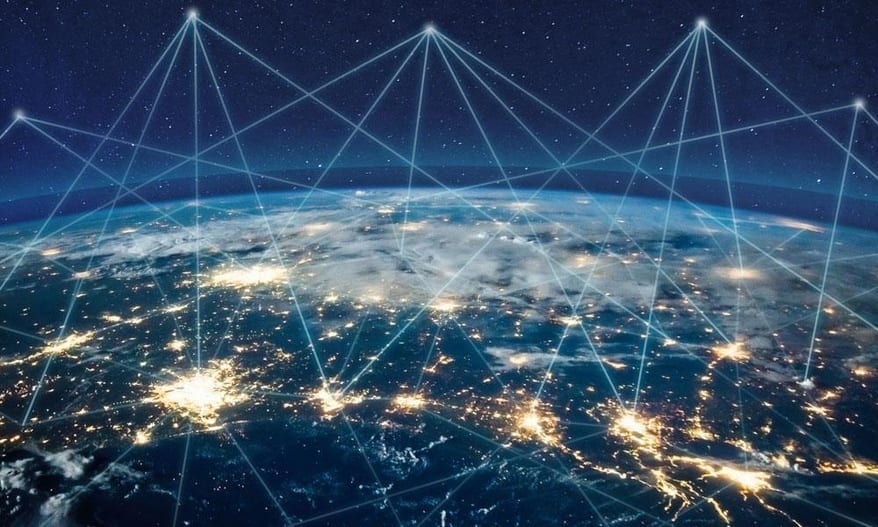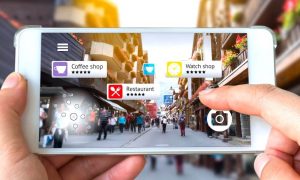Along with Pew Research and others, Popular Mechanics turned its attention to what is in store for the future of the Internet. Here are some thoughts I send along to the query from reporter Matt Blitz.
The Internet of the Future:
The distinction between online and offline will fade. The Internet will be ubiquitous, integrated into the Internet of Things (IoT), not just device-located. Searching will be more intuitive, often voice-activated. Augmented and Virtual Reality (AR & VR) will be more intuitive and accessible, enabling search in 3D to facilitate interpretation and understanding of physical information.

The Good:
The Internet will continue to enable increased productivity by allowing people to offload time-consuming chores, like information search or calculations. It will also continue to open up access to education, often disrupting current models of educational services. Global connectivity will continue to increase information flows that improve authenticity, transparency, and accountability.
The net gain of integrated data is individual empowerment, a psychological dynamic that has a range of positive outcomes, improving measures of well-being and resilience. As individuals continue to use data to identify and meet goals and motivate behavior change, they are likely to become more educated and able to be advocates for broader needs.
The Bad:
There is a potential downside if we, as individuals, abdicate our responsibilities as citizens. Technology demands a level of literacy and critical thinking. Without these, misinformation and misuse will further drive conflict, abuse, and narrow-mindedness. Misinformation thrives among those who want their worldviews confirmed. It flourishes where the desire for self-validation offsets other goals. It is a powerful tool among those who would persuade fearful followers eager for security.
This confirmation bias has gone unabated to date. The results have been a ‘cancel culture’ of public shaming and name-calling rather than an effort to identify and achieve common goals, to recognize that compromise is key to that end.
This lack of critical thinking is rooted in a political system that has lost sight of governing for the best of all and either promotes or targets individual groups at the expense of others to achieve personal agendas. Increased partisanship promotes misinformation and fear. Political/organizational use of technology can violate rights, either invisibility or in the name of progress or worse, “safety.” Couple this with the lack of technical sophistication among lawmakers burdened by partisanship, and we face the danger that governmental action will be unable to offset, regulate, or even find solutions appropriately.
Privacy, hacking, and data protection will remain a challenge—continual innovations and sophisticated technologies can easily outpace governmental bodies who regulate in the rearview mirror. The demand from consumers will drive increased security since businesses (and hackers) have no inherent incentives to protect data. Companies, however, will adjust to the consumers who threaten to take business elsewhere. The consumer demands, of course, means educating people of all ages to be knowledgeable consumers.

The Likely:
We should expect increasing integrations of the Internet into environmental structures in ways that support daily life and improve resource use. Connected technologies can be large, such as smart houses or cities, and small such as wearable devices. Data from cities and homes can contribute to conservation and housing needs and just make finding stuff and getting places a lot easier. Mobile technologies and geolocation tools have the potential to improve the delivery of necessary medical care, educational support, and meet other social needs, such as identifying areas of conflict and suffering.
All demand that we should pay attention, demand transparency, and be vigilant. That is, however, true of most of life, not just the Internet.

 Dr. Pamela Rutledge is available to reporters for comments on the psychological and social impact of media and technology on individuals, society, organizations and brands.
Dr. Pamela Rutledge is available to reporters for comments on the psychological and social impact of media and technology on individuals, society, organizations and brands.